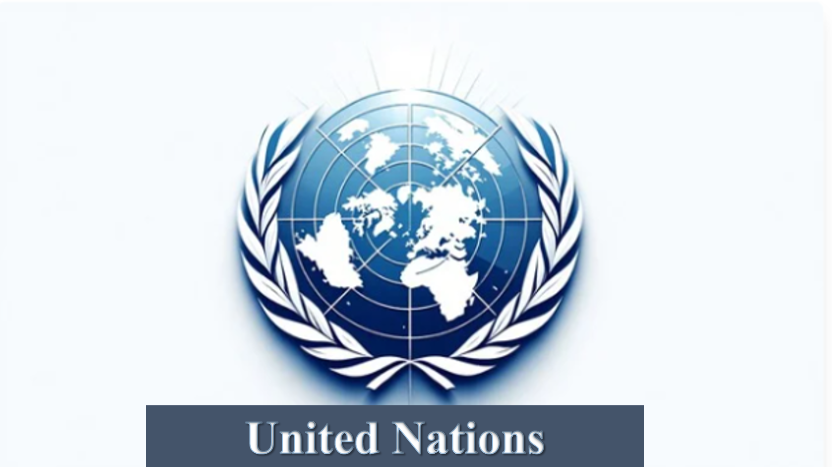On Friday, United Nations human rights experts issued a strong appeal to the Tanzanian government to immediately halt the practice of enforced disappearances. The experts voiced serious concerns over an escalating pattern of violence, repression, and abuses targeting opposition figures, youth leaders, and human rights defenders in Tanzania.
In their statement, the experts condemned the government’s practice of withholding information about detainees, describing it as constituting enforced disappearance. They also criticized restrictions imposed on press freedom and media operations, warning that ongoing intimidation of journalists and human rights activists must cease. These violations are occurring amid a broader government crackdown ahead of Tanzania’s general elections scheduled for October.
Tanzania has increasingly drawn international criticism for employing enforced disappearances as a method to suppress political dissent and silence journalists and human rights advocates. This conduct contravenes Tanzania’s commitments under international human rights law.
Recent incidents exemplify this troubling trend. In October 2024, opposition leader Aisha Machano was abducted and subsequently released with severe injuries. She reported that her abductors identified themselves as members of the police force. More recently, in April 2025, Tundu Lissu, chairman of the opposition Chadema party, was arbitrarily detained following a social media post alleging election manipulation.
Human Rights Watch has documented ongoing arbitrary arrests and harassment of opposition members. For example, in July 2024, police in Tanga reportedly detained Chadema official Kombo Twaha Mbwana for longer than the legally permitted 24-hour period. Amnesty International has also raised alarms about the continued use of enforced disappearance and excessive force as tools to stifle dissent.
Tanzania is a signatory to the International Convention for the Protection of All Persons from Enforced Disappearance, adopted by the UN General Assembly in 2006. The convention unequivocally prohibits enforced disappearance in all circumstances. It defines the practice as the arrest, detention, abduction, or any other form of deprivation of liberty by state agents or persons acting with their consent or acquiescence. Article 24 of the convention obliges states to ensure justice and reparations for victims, including access to legal, psychological, and medical support.
Excerpts from Jurist.com article by Ellie Cho | University of Ottawa Faculty of Law



